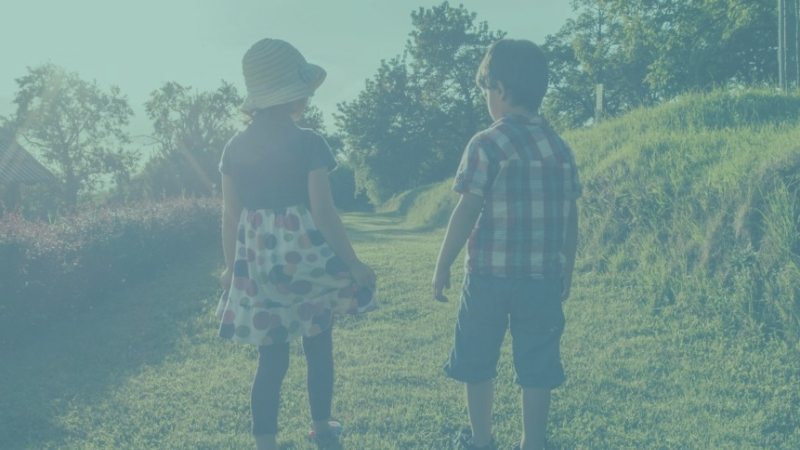Get Naked
Episode #5 of the course Scientifically proven ways to increase your influence by Vanessa Van Edwards
I want you to get naked.
You guessed it. Emotionally naked, not physically naked—although that would probably win you some new friends too.
What do I mean by “emotionally naked?”
Emotional nudity means stripping off our ego, not trying to impress people, and being real.
This might sound counterintuitive, but research has found that vulnerability actually increases our likeability. It also helps us connect with people. This is the opposite of what many of us do every time we interact. We are taught not to show vulnerability, so we try to hide our weaknesses in social interactions. I am going to show you why and how we should embrace our imperfections.
The Research
Psychologist Richard Wiseman conducted a study where two actresses sell a blender to mall-goers. Actress one had a perfect presentation and produced a flawless smoothie for viewers. Actress two had a great presentation but “accidentally” forgot to tighten the lid and the smoothie splashed all over her.
Wiseman wondered who would sell more blenders—the perfect performer or the vulnerable performer?
Can you guess who sold more blenders and who was rated higher by audience members?
Actress #2, the “clumsy” woman, was rated as more likeable. Wiseman found that her vulnerability humanized her and therefore increased her influence on the audience.
When we admit to weakness, others connect with us and see us as more likeable.
The Solution
I want you to be honest about your vulnerabilities. Don’t be afraid to admit to some of your silly shortcomings, imperfections, or weaknesses.
If you’re feeling awkward at an event, say so.
If you would rather be at home watching Netflix, mention it to a new contact to build camaraderie. I use this while waiting in lines frequently.
Random note: I make a point of avoiding nightclubs at all costs and insist to my friends that I am secretly 80 years old. However, they still force me out for birthdays and special occasions.
You can also embrace your vulnerabilities by sharing stories from your story toolbox (Episode #4). These can be embarrassing moments, funny flubs, or silly flaws. This way, you use the science of storytelling and the research on vulnerability to connect with people.
Your Challenge
One of my personal missions is to learn and experience as much as I can every year. I encourage you to embrace a season of learning. Here are some resources to get you started on your learning journey:
• Audible: I LOVE Audible and think it is an amazing resource. Learn while you cook, clean, drive, relax—anywhere!
• Your local library: If you are on a budget or have no idea where to start, your local library is a fantastic resource. Go talk to your librarians to find out what classes or books they have.
• Your online library: Most libraries now have online learning systems where you can check out audiobooks, get downloads, and watch videos.
• Creative Live: Do you wish you could take college courses for a lower price? How about college courses that are way more fun? We love what Creative Live has to offer!
Vulnerably yours,
Vanessa
Recommended book
“People Skills” by Robert Bolton
Share with friends

